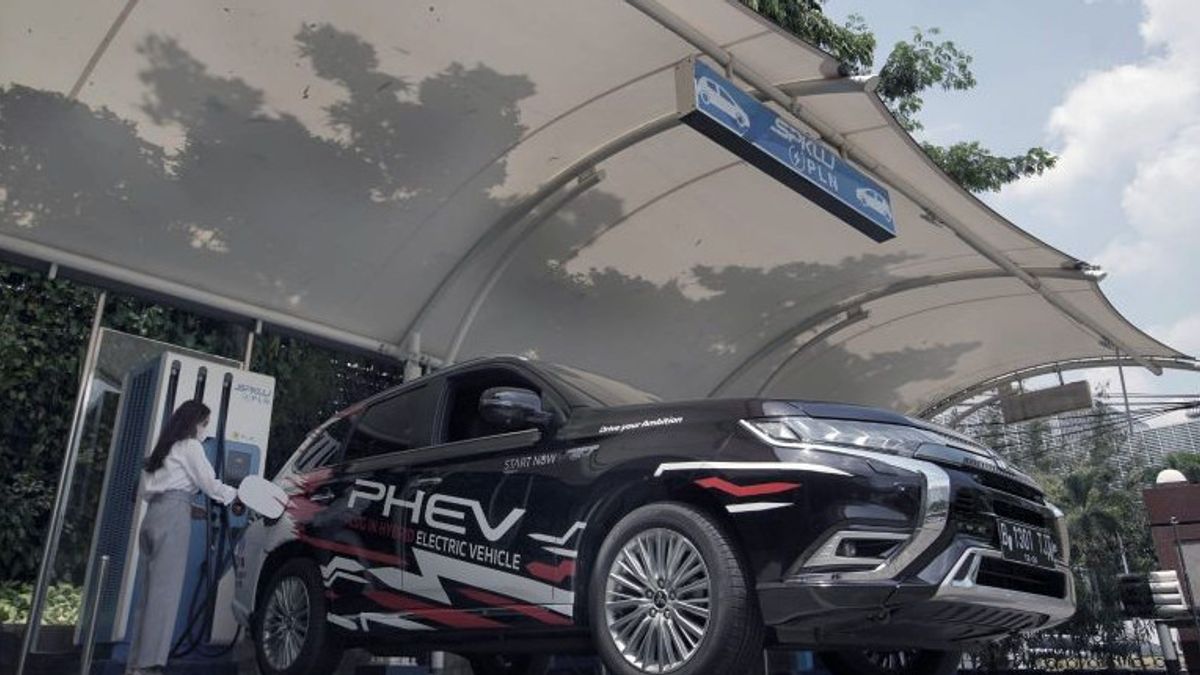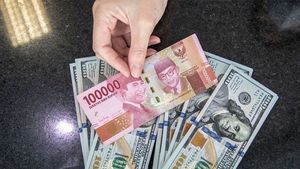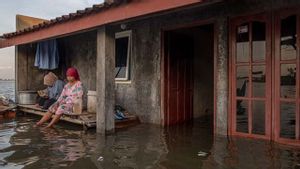JAKARTA - PT PLN (Persero) wants electric vehicles to get additional incentives and hopes that the government will expand the regulations for the green cheap car program or LCGC to become low-carbon vehicles or LCEVs.
"I think the LCGC program in the future will be more appropriate for electric cars. Moreover, Indonesia is already capable of producing car batteries domestically," said PLN's Director of Commerce and Customer Management Bob Saril in his statement, quoted from Antara, Monday, November 22.
Bob gave an example of a Chinese automotive manufacturer that is currently producing cheap electric cars in the price range of Rp. 60 million.
According to him, the price of electric cars in the country with specifications equivalent to LCGC is still more expensive, so it is necessary to expand regulations and provide incentives in order to encourage the Indonesian electric vehicle ecosystem to achieve the carbon neutral target by 2060.
Regarding the current choice of environmentally friendly cars in Indonesia, Bob believes that battery-based electric vehicles or KBLBB are better than plug-in hybrid electric vehicles or PHEVs.
Unlike KBLBB, which has zero emissions, hybrid cars still produce emissions, because the electricity is produced using an internal combustion engine or ICE.
In addition, the efficiency of electric cars will be felt for customers if they go directly to electric cars. The electric car system is simple due to low maintenance costs.
"There are also fewer components, unlike ICE, which are quite a lot, so that in the long term maintenance is more economical," said Bob.
Some time ago, PLN conducted a trial of the energy consumption of electric vehicles with the results that the fuel consumption of electric cars proved to be more efficient than conventional cars.
The test showed that one kilowatt hour (kWh) of electricity could propel an electric car 10 kilometers. That figure is the same as the consumption of a conventional car for one liter of gasoline.
"Where are the savings? Let's say using one liter of Pertamax is around Rp. 9,000, one kWh of low voltage electricity is around Rp. 1,444, which means that you can save up to six times, very efficient," explained Bob.
He further acknowledged that the use of electric cars will increase the electricity bill of the house. However, when compared to the cost of spending for monthly fuel oil, of course, it will be much different.
"We have a discount program for charging electric cars from 10 pm to 5 am. We also provide an additional power program for electric car owners by giving additional discounts from a maximum of IDR 4.5 million to only IDR 150 thousand," he said.
Minister of Industry Agus Gumiwang Kartasasmita ensured the government's readiness to enter the era of electric vehicles. The roadmap for the development of the automotive industry is adapted to efforts to reduce carbon emissions.
The government has issued two Minister of Industry regulations. First, Minister of Industry Regulation Number 27 of 2020 concerning Technical Specifications, Roadmaps for Electric Vehicles and Calculation of Domestic Component Levels or TKDN.
Furthermore, Regulation of the Minister of Industry Number 28 of 2020 concerning Battery-Based Electric Motor Vehicles in a Completely Decomposed and Incompletely Decomposed State as part of the development stage of the industrialization of electric vehicles in Indonesia.
"By 2030, the domestic industry is targeted to produce 600,000 electric cars and electric buses. With this figure, it is hoped that fuel consumption can be reduced by 3 million barrels and reduce carbon dioxide emissions by 1.4 million tons," explained Minister Agus.
The target was set to support the fulfillment of Indonesia's commitment to reduce greenhouse gas emissions by 29 percent by 2030.
To meet this target, the government has issued Government Regulation (PP) Number 73/2019 Jo PP 74/2021 which revised the PPnBM tariff rules for motorized vehicles based on the level of fuel consumption and carbon dioxide emissions.
"Of course the PPnBM incentive is only given to domestically produced motor vehicles that meet the requirements for deepening manufacturing or TKDN in order to attract investment in the motor vehicle assembly sector, component industry, and supporting infrastructure," concluded Agus.
The English, Chinese, Japanese, Arabic, and French versions are automatically generated by the AI. So there may still be inaccuracies in translating, please always see Indonesian as our main language. (system supported by DigitalSiber.id)













